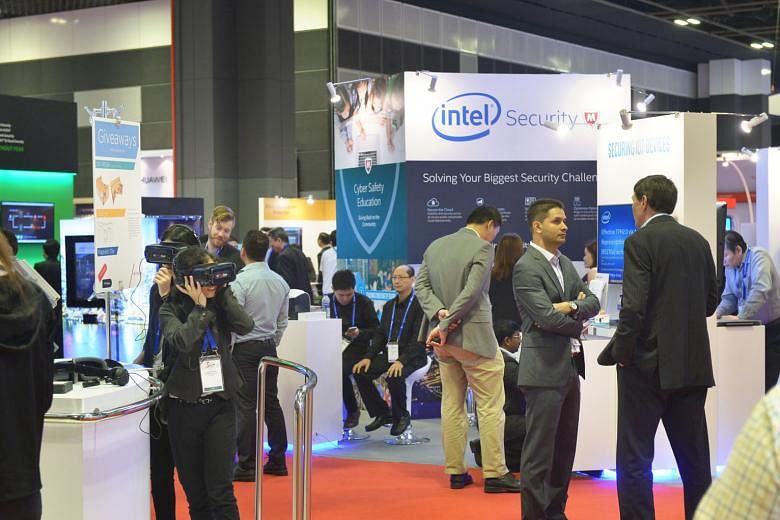The world sat up when the United States and China signed an unprecedented statement on cyber security in September last year. Much ink was spilt to explain the agreement, which essentially has both sides committing not to conduct commercial espionage on each other.
But the greater significance to collective global security lies in the brief mention that both countries welcomed the July 2015 United Nations Group of Governmental Experts (UNGGE) report on international cyber norms and would create a senior experts group for further discussions on this topic.
Norms are vitally important in international relations, and no less in cyber security.
Espionage will cause reputational and economic loss. But without cyber norms, countries remain threatened by cyber weapons that can target the critical infrastructure running essential services.
Successful, large-scale attacks can disrupt entire economies and societies, cause physical destruction, and potentially a loss of human lives. One notable example was last December's hack on the Ukrainian power grid, leaving many people without electricity for hours in the cold of winter.
International cyber norms should be of strategic interest to Singapore because they strengthen its position as a regional and global hub.

Singapore is an international financial and trade hub. Attacks on its supranational information infrastructures for the banking and finance, telecommunications, aviation and maritime sectors can impact the regional and even global economy.
It should be of strategic interest to Singapore to promote the cyber norms that would shield these infrastructures from cyber attacks and so strengthen its position as a regional and global hub. In fact, Singapore should be an international interlocutor to facilitate cyber norm dialogues.
In recent years, international cyber norm discussions have started coalescing around the UNGGE towards what is known as "limiting norms".
These norms have been proposed by a group of 20 countries to call upon states to limit malicious activity carried out from their jurisdictions.
This approach of developing such operational codes of conduct is a sensible way towards a secure and resilient cyberspace, and can be the basis of confidence-building. It steers clear of intractable philosophical issues and focuses on concrete actions. Much as the efforts should be applauded, there remain challenges in achieving consensus over the details at a global level. This is where Singapore can play a role. The Republic has a reputation as a consummate diplomat. It is now opportune for Singapore to use its skills as an interlocutor at regional and international platforms to turn exchanges towards pragmatic solutions, and so gather momentum for acceptance of an international set of cyber norms that take into account domestic laws as well as political, security, social and historical circumstances. The UNGGE should welcome the ideas and contributions of such a skilled diplomat to its platform.
The Singapore International Cyber Week that took place last month has established itself as a dialogue platform of significance.
The event is an expression of Singapore's willingness to play a more active role in shaping discussions. Its success in bringing together senior government leaders from 20 countries and endorsement by UN Secretary-General Ban Ki Moon bode well for its role as a premier dialogue platform.
More significantly, Singapore proved its skill by facilitating an agreement by the Asean cyber- security principals on the need to strengthen cyber-security cooperation at the inaugural Asean Ministerial Conference on Cybersecurity. This is an important step towards bringing the voice of Asean - all of 650 million people or one-twelfth of the world population - to the international arena. In this fragmented state of affairs for cyber norm development, this is a development that should be welcomed by the UN and international security experts.
- Professor Isaac Ben-Israel is chairman of the Israel National Council for Research and Development, and chairman of the Israel Space Agency . He is also a member of Singapore's RIEC - Research, Innovation and Enterprise Council (since 2012) and a member of the board of the Agency for Science, Technology and Research (since 2013).

